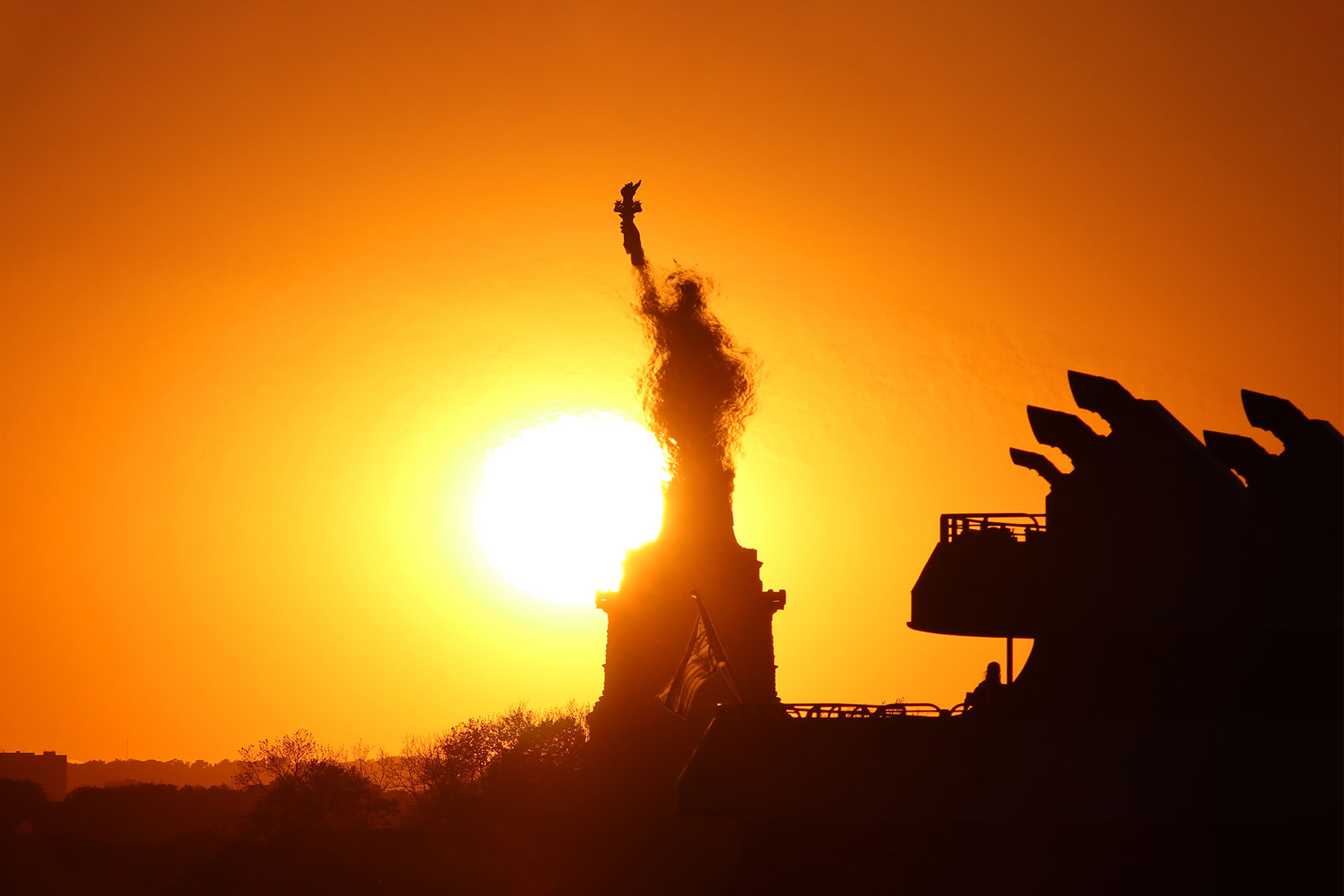As many suspected, the month of July 2023 was the hottest 31 days in recorded human history, setting new all-time records in air temperatures and ocean surface temperatures across the world. The culprit is overwhelmingly humans burning fossil fuels that emit greenhouse gases, unnaturally warming the Earth, which has shifted the global climate.
“We just witnessed global air temperatures and global ocean surface temperatures set new all-time records in July,” explained Samantha Burgess, deputy director of the European Union’s Copernicus Climate Change Service (C3S), in a statement. C3S found that temperatures across the globe were on average one-third of a degree Celsius higher than the previous record, which had been set in 2019. As Burgess pointed out, “2023 is currently the third warmest year to date at 0.43ºC above the recent average, with the average global temperature in July at 1.5°C above pre-industrial levels.”
Disturbingly, in terms of preventing further sea level rise, C3S found that Antarctic sea ice levels were 15 per cent below average — the lowest figure ever recorded by satellite for the month of July. Burgess emphasized that if the pattern of climate change does not subside, there will be “dire consequences” for humanity. Other scientists have echoed that theme when studying the current record heatwaves.
“It’s a ‘new abnormal’ and it is now playing out in real time,” Dr. Michael E. Mann, a professor of Earth and Environmental Science at the University of Pennsylvania, told Salon last month. “The impacts of climate change are upon us in the form of unprecedented, dangerous extreme weather events.”

